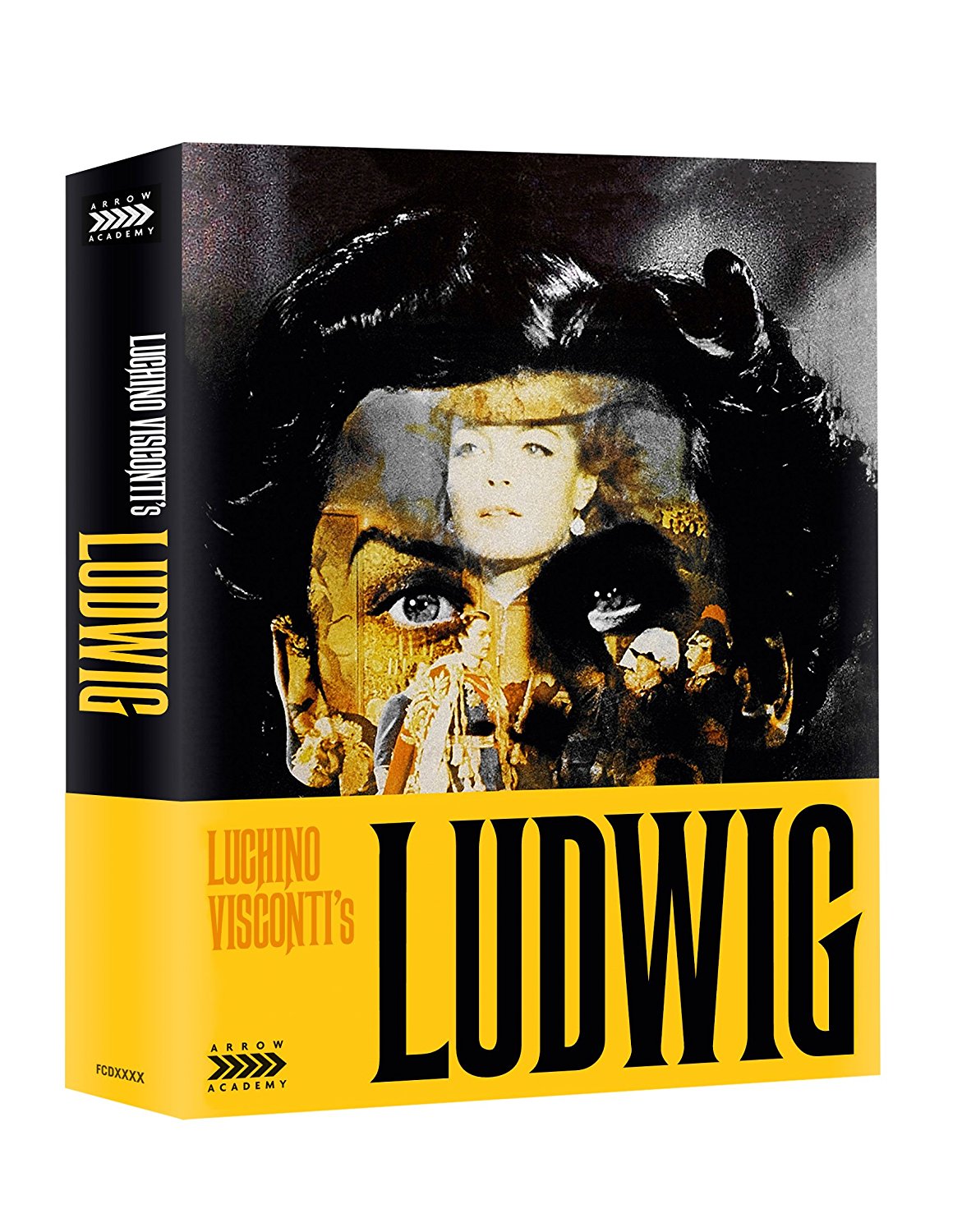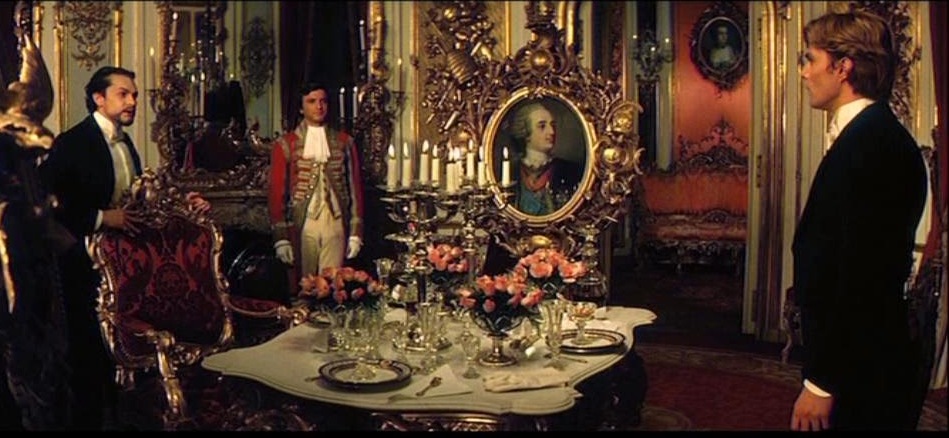No-one has ever matched costume drama to psychological depth quite like Luchino Visconti. Much of it has to do with what Henry James termed a "divided consciousness": as a nobleman who became a communist in World War Two and was relatively open about his homosexuality, Visconti was able to depict the warped opulence surrounding Ludwig II of Bavaria with a meticulous eye for detail and composition, while analysing the causes of his dramatic decline as a despised outsider (and no, Ludwig was not mad; Visconti was among the first to say so).
There's little of the hysteria and excessive sentimentality that you might expect to weaken a gran projetto such as this. The essence could be distilled into a good theatre script: a series of one-to-ones attempting to get to the root of Ludwig's tragedy. There’s a parallel in the Visconti world between a key scene where Ludwig's most sympathetic adviser, Count Dürckheim (Helmut Griem), advises his king on duty and the Lampedusan one in The Leopard between Burt Lancaster's Prince and the parliamentarian Chevalley. So much is unsaid, but Dürckheim's advice to the homosexual, art-loving king, that he cannot “find happiness outside the rules and duties of men” surely resonated with Visconti.
 It's as well that the TV version, the best of the two options here, was dubbed into Italian. The alternative format here gives the English where it exists, using the actors' voices – an odd melange of accents for a Bavarian family; only Trevor Howard, a complex Wagner to the life, comes off well. Helmut Berger's “real” voice is a problem; but visually he storms the acting heights with the malleable expressions of his iconic face and an all too plausible physical decay. If Ludwig in his youth was the handsomest king in 19th century Europe, Berger - who claims in the recent interview that Visconti was the great love of his life - had good claims to being the most beautiful man in the cinema of the late '60s and early '70s. Romy Schneider is ravishing to watch, reprising her role as Austria's absurdly overloved Princess Sissy; sobering, then, in the other of the two interviews filmed specially in 2016, to hear producer Dieter Geissler talk of how her drink problem distorted her face and they couldn't film in the afternoons.
It's as well that the TV version, the best of the two options here, was dubbed into Italian. The alternative format here gives the English where it exists, using the actors' voices – an odd melange of accents for a Bavarian family; only Trevor Howard, a complex Wagner to the life, comes off well. Helmut Berger's “real” voice is a problem; but visually he storms the acting heights with the malleable expressions of his iconic face and an all too plausible physical decay. If Ludwig in his youth was the handsomest king in 19th century Europe, Berger - who claims in the recent interview that Visconti was the great love of his life - had good claims to being the most beautiful man in the cinema of the late '60s and early '70s. Romy Schneider is ravishing to watch, reprising her role as Austria's absurdly overloved Princess Sissy; sobering, then, in the other of the two interviews filmed specially in 2016, to hear producer Dieter Geissler talk of how her drink problem distorted her face and they couldn't film in the afternoons.
Visconti doesn't falsify the putative love between cousins who look similar; for this Ludwig there's no question of consummating the relationship with Elisabeth or any other woman. Did he remain a virgin? The question is left open but the screen is filled, all the same, with pretty young men. Permission was granted to film at Ludwig's fantasy palaces, in the late winter months when tourists were fewer (no question of shutting the locations to the public during filming). They look gorgeous in this restoration, and nothing's dated because Visconti never did cheap.
An epic biopic deserves epic treatment, and Arrow Academy provides that with, in addition to the new interviews, classic documentaries featuring Visconti, the wonderful scriptwriter Suso Cecchi d’Amico and Silvana Mangano (who plays a serpentine Cosima von Bülow). There’s yet more this film leaves you wanting to know about Ludwig and Visconti, but that’s the territory of weighty tomes. And you also have to see Syberberg’s much more experimental take on Ludwig – the polar opposite of Visconti’s well-modulated realism.














Add comment